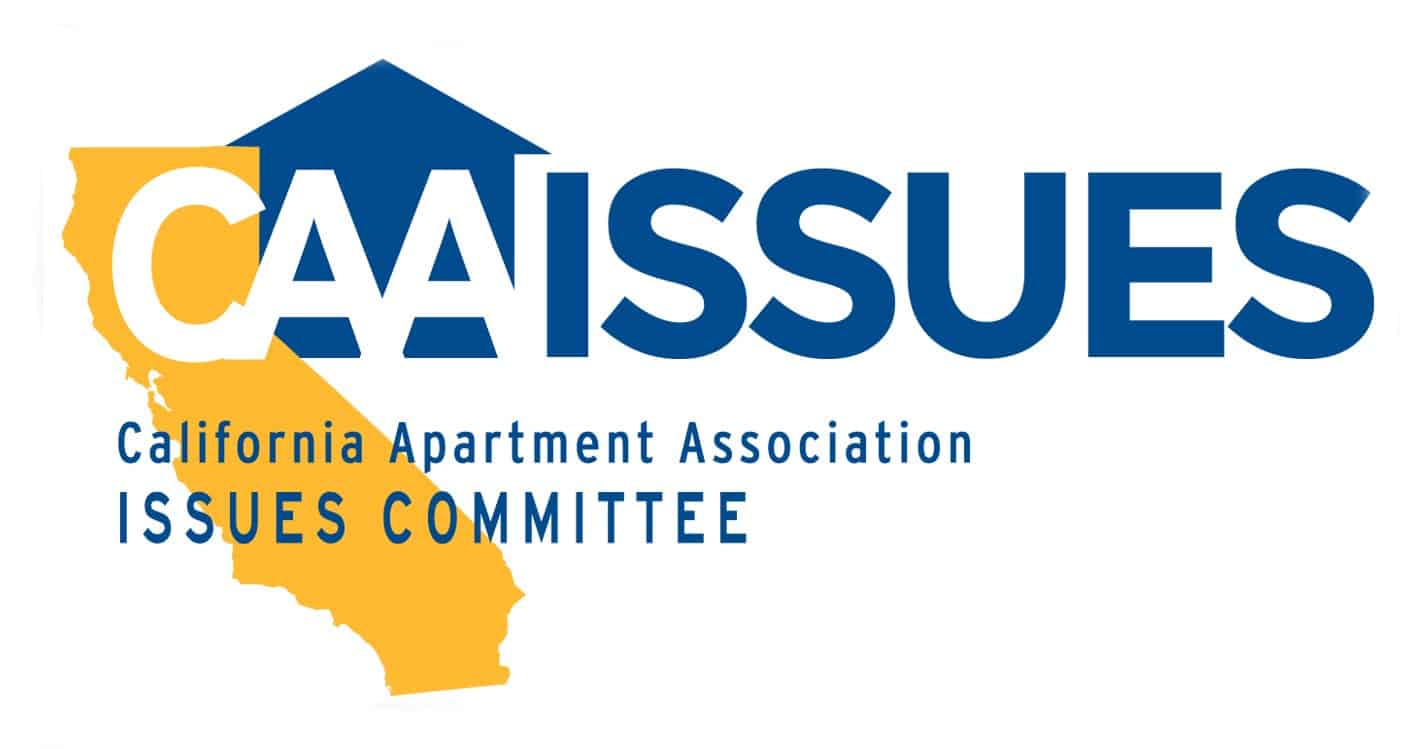Amid fierce opposition from the California Apartment Association, a bill that would have authorized cities and counties to expand rent control to tens of thousands of rental units across California died Tuesday on the Senate floor.
SB 466, a piece of anti-housing legislation by Sen. Aisha Wahab, D-Hayward, failed to garner the needed votes to reach the Assembly, with 15 senators voting to approve, 16 voting against, and nine abstaining. SB 466 needed 21 votes to pass.

The legislation would have radically rewritten the Costa-Hawkins Rental Housing Act, California’s most important rental housing protection law. It proposed complex and confusing new formulas to bring previously exempt housing units under strict local rent control laws, thereby undermining investment in much-needed new housing amid the state’s housing shortage.
While Costa-Hawkins shields new rental housing from local rent control ordinances, SB 466 sought to redefine “new housing” by introducing two systems of rolling dates based on when rent control was adopted at the local level. The change would haves resulted in a 28-year rolling date to become eligible for local rent control ordinances in jurisdictions that adopted rent control after the passage of Costa-Hawkins in 1995. This would have gradually encompassed a larger portion of the housing stock under local rent control.
The bill also proposed an accelerated process for cities that had rent control ordinances prior to Costa-Hawkins — such as Los Angeles, San Jose, San Francisco, and Oakland. This provision would have established a two-year rolling date system in which every year, two additional years of housing stock would become eligible for local rent control. For instance, under SB 466, apartments built in San Francisco before 1981 could have immediately fallen under the city’s rent control law. Then, in the subsequent year, apartments constructed before 1983 could have been included. This pattern would continue annually until the eligibility year reached 1995-96, after which it would roll forward one year annually.
In its opposition, CAA zeroed in on the confusion and uncertainty that SB 466’s bifurcated formulas and shifting eligibility dates would create, further burdening landlords in already challenging rental markets. An earlier version of SB 466 was worse, threatening to authorize local rent controls on single-family homes and condominiums. While this element was removed from the legislation, it signals a possible future target for radical tenant groups.
The CAA’s opposition to SB 466 was bolstered by a powerful grassroots advocacy campaign that generated over 8,000 letters from more than 3,000 individuals opposing the bill. This robust demonstration of concern from a broad base of stakeholders undoubtedly contributed to Tuesday’s defeat of Wahab’s legislation.
While the biggest legislative threat to Costa-Hawkins is over, a measure that would repeal Costa-Hawkins altogether appears headed for the November 2024 statewide ballot. The association is preparing to fight this initiative should it qualify.

